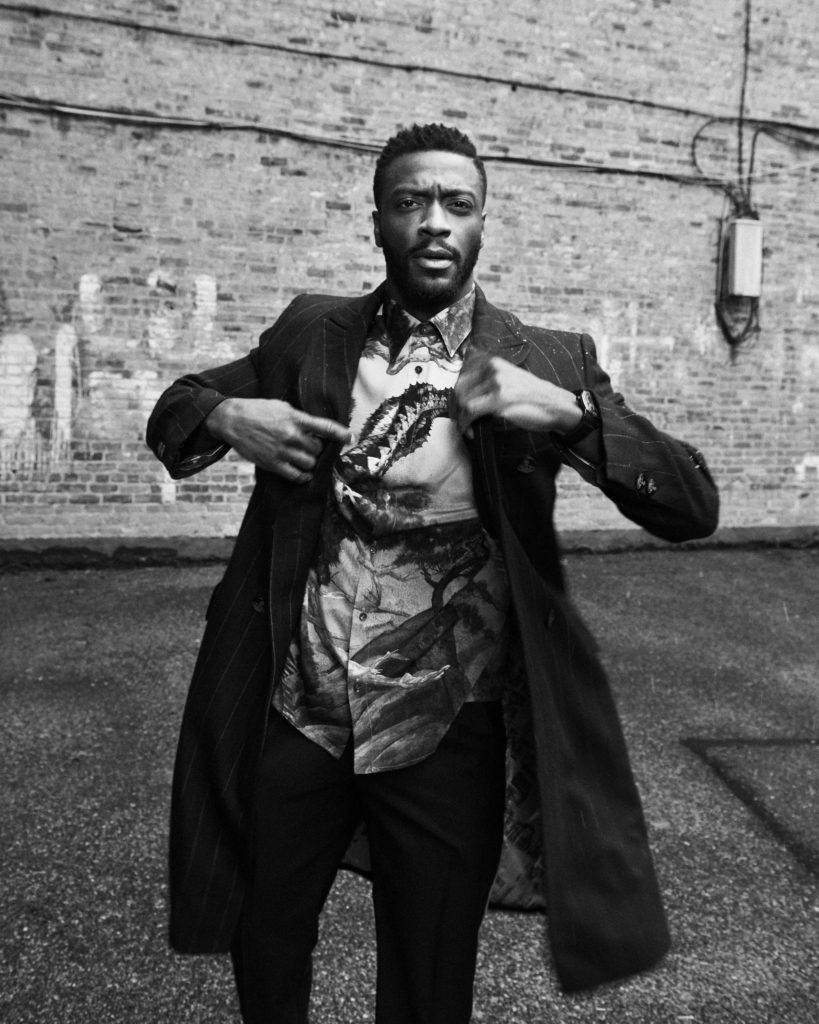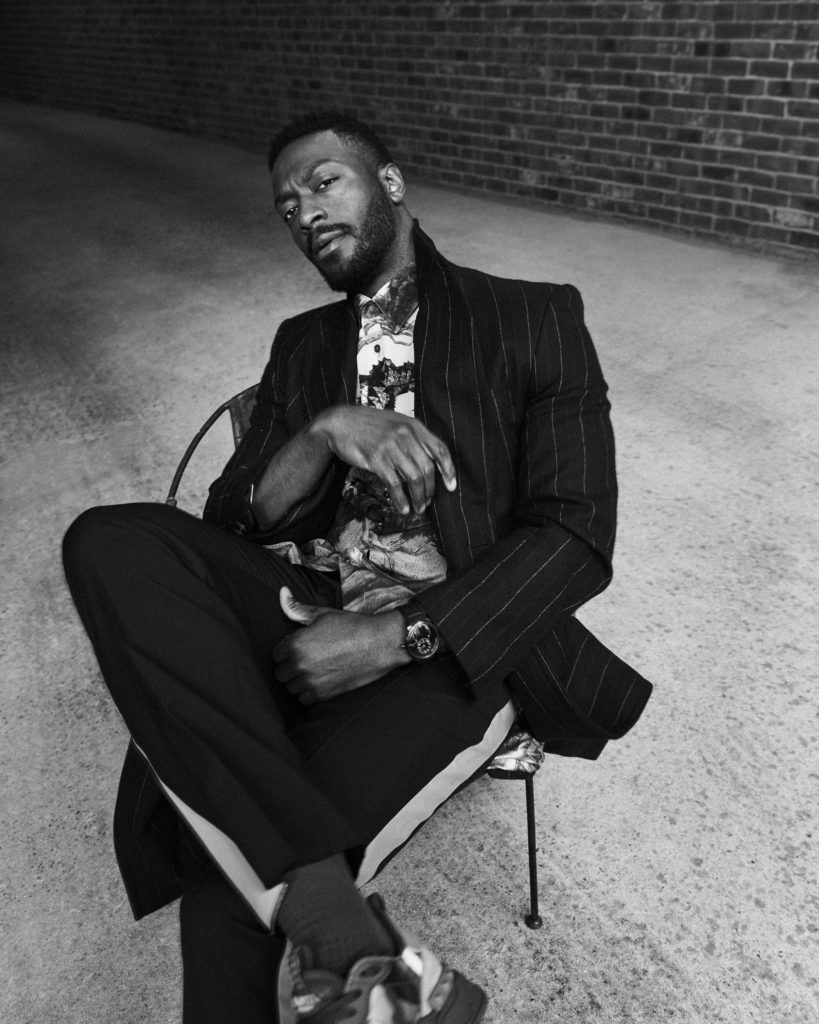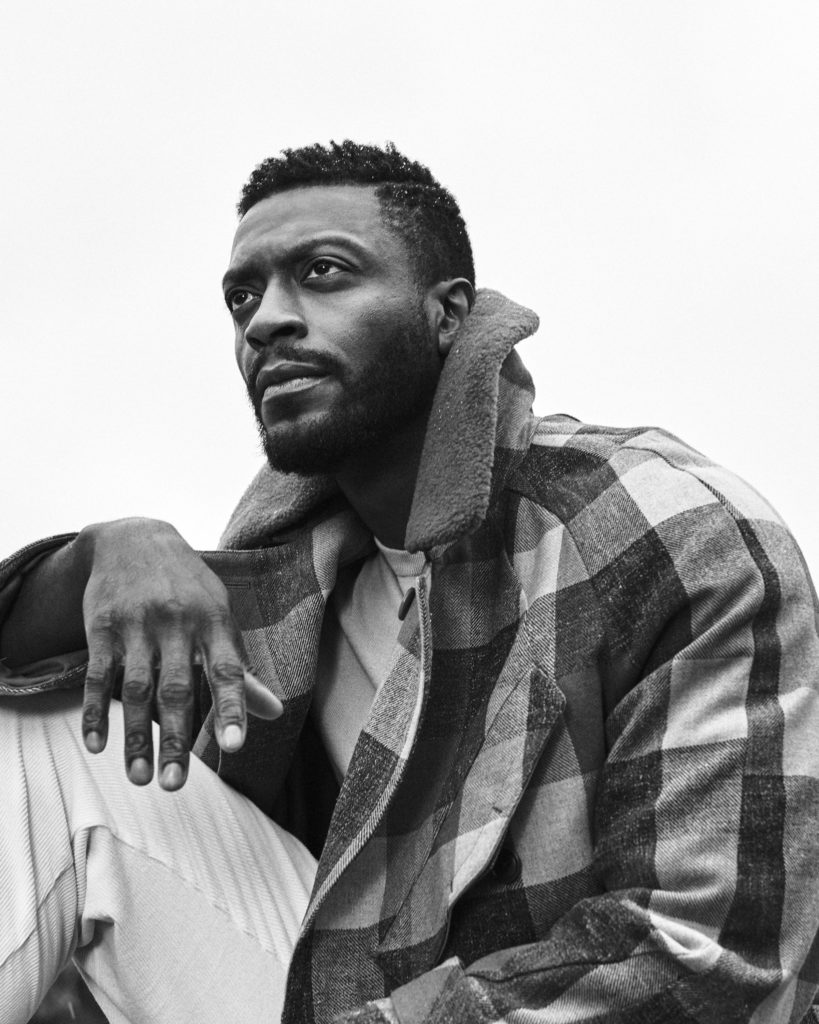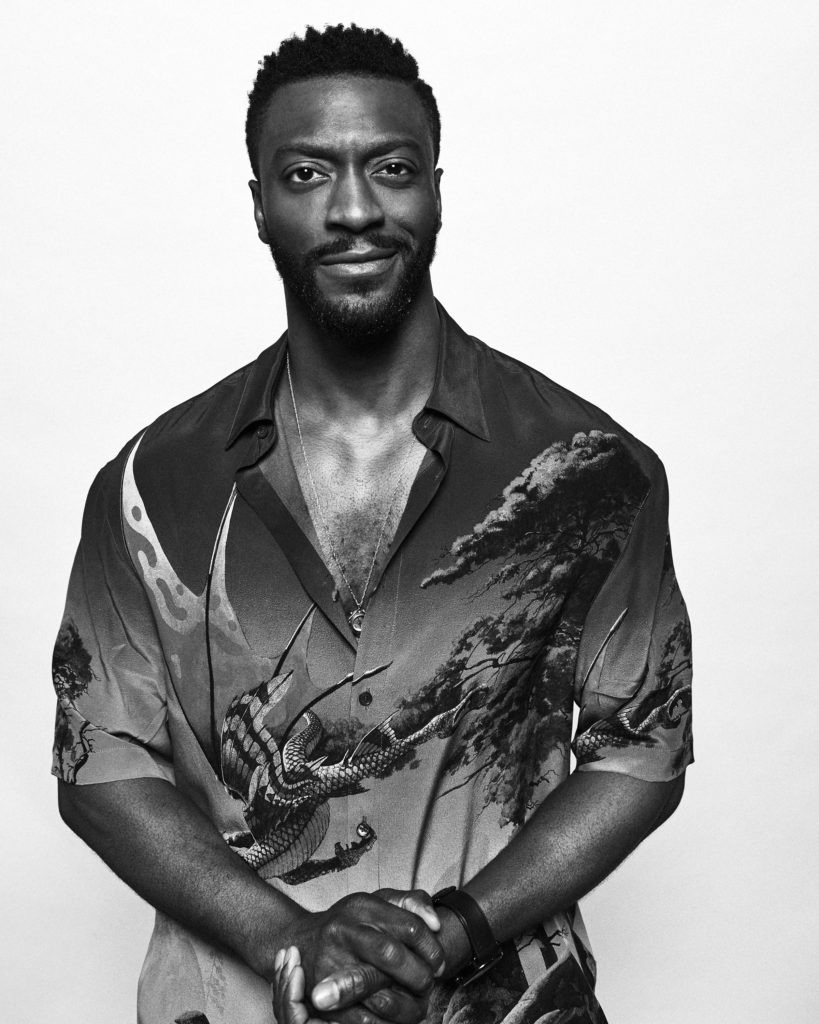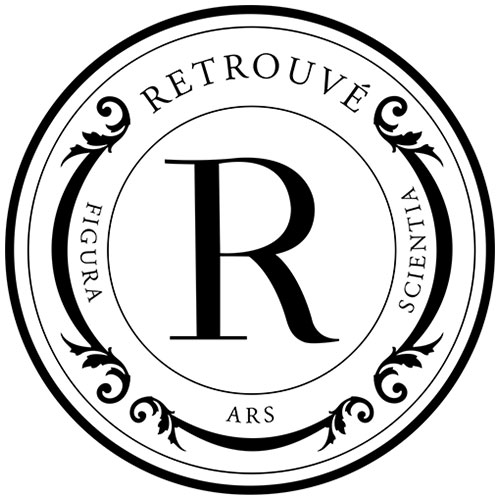Interview by: Sydney Nash
Your first acting credit came at a young age. Tell me what your childhood was like growing up juggling school work and auditions.
My childhood was great. Not always easy, but definitely great. I was being raised by a mom who believed in my dream enough to support it, along with great siblings to share it with. When we experienced troubling times of poverty, we got through it together, and that’s what made it survivable.
School was at the mercy of the dreams we chased. Public school turned into homeschool, which then turned into college for me at the age of 14. My pathway through academia was as nuanced as my career choice.
In past interviews, you’ve mentioned that you were type cast in certain roles as a teenager. Tell me how you broke out of that cycle. Did it affect the direction of your career?
I broke out by simply invoking the power to say “No”. I refused to go on those auditions and, though the sacrifice of the lack of jobs was felt early, it eventually paid off. Without making that decision, I wouldn’t be getting the caliber of work that I’ve been fortunate enough to grab onto over these past few years.
If you could go back and give your younger self any career advice, what would it be?
Believe in your full potential, and don’t be afraid to express yourself to the fullest. As an artist, only worry about satisfying your honest intent when you create. You can’t allow the opinions of others to dictate your passion.
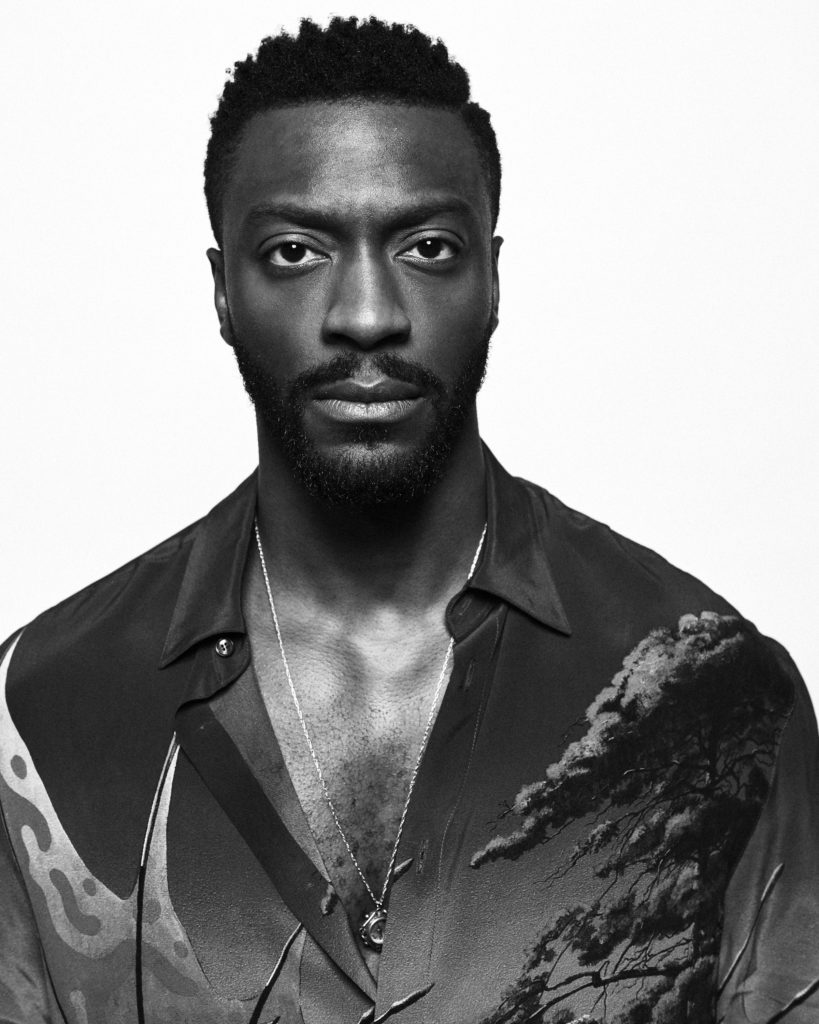
Shirt: Valentino; Necklace: Cartograph Inc.; Pants: Aldis personal
2015-2016 was arguably a pivotal year in your career, appearing in both Straight Outta Compton and Hidden Figures, two films that received both critical acclaim and box office success. What was the experience like for you? How did you keep grounded during this period?
The experiences were simply great educations about how we are able to fully impact people in a huge way with our art. Each film took on a life of its own through our audiences, and it was quite special to observe and be a part of.
Staying grounded comes from having an awareness that it’s not directly about you and never will be. You didn’t accomplish this feat alone. Having a great foundation of family at home helps. And also understanding that when people boast about the supposed “power” you have, what they really mean is the great “responsibility” you have to the audience, to the craft and most importantly, to yourself. As long as you don’t forget the work you have to do, you won’t go astray.
You star as Anthony Woods, an inmate on death row, in the new film Clemency. Tell me how you prepared yourself for this role. Was it difficult for you to mentally enter the space of this character?
I prepared first by having many discussions with Chinonye Chukwu, our brilliant writer/director. She’d done four years of research and volunteered on fourteen different clemency cases prior to us beginning production. She was a perfect source for opening my mind to what we were about to experience. She gave me the book I Am Troy Davis, a true telling about how Mr. Davis sought clemency before he was executed in Georgia a few years ago. It was riveting.
Then I visited San Quentin to see what the reality of death row looked like: the cells, the prisoners, their lifestyles, etc. It really helped to shape my intent behind playing this role.
It wasn’t mentally difficult for me to play Anthony because of how I am linked to my craft and why I do what I do. I knew I had a beautiful opportunity in front of me. I was so ambitious about the potential of what we were about to do that every day I stepped on set I was too full of excitement. I was truly connected to my purpose for being in this film.
I read that you visited a prison prior to filming to prepare for your portrayal of Anthony Woods. How did this experience inform your performance?
Yes, I visited San Quentin and was able to observe the different treatment for the men on death row as opposed to the other inmates. The isolation was shocking. It all informed my idea of who Anthony was before he went to jail and who he’d become after 15 years of being in isolation.
Clemency touches on many different important topics, but the debate surrounding the death penalty is central to the film. This is a topic that has been hotly contested in American society for decades. What do you think it is about the film that makes such a convincing argument against capital punishment?
I think the film puts the audience in a seat they’ve never been in before when it comes to this topic. It allows them to see the horrid truth of this issue from a completely new perspective. We get to see the outreach of its effect in many ways for all of the victims of capital punishment – those condemned to have their lives taken and those condemned to take lives.
It does so without imposing a particular viewpoint on the matter. We simply display the issue for the audience and allow them to decide how they really feel after going on this roller coaster.
It’s when people have to have that raw internal discussion about the subject matter with themselves that you start to see real change.
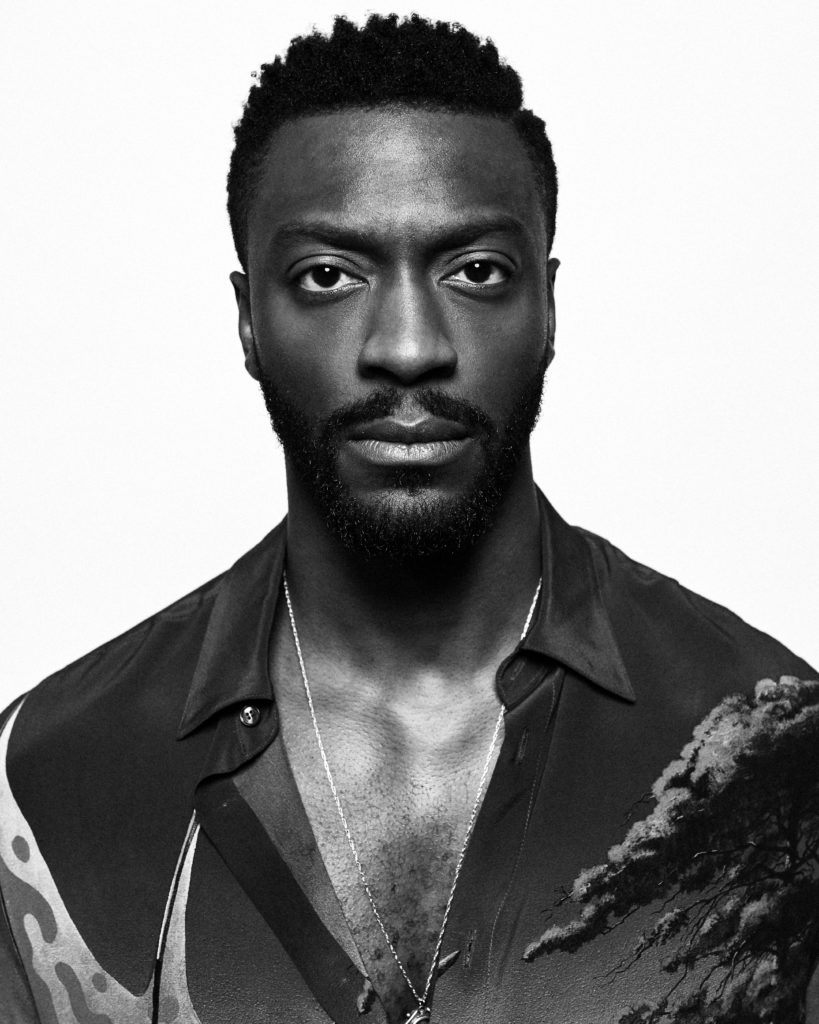
Shirt: Valentino; Necklace: Cartograph Inc.; Pants: Aldis personal
The film has garnered much critical acclaim already, winning the grand jury prize at Sundance. You and your co-star Alfre Woodard were also nominated for Gotham awards. Ahead of its release, what’s your biggest hope for the film and the audience seeing it?
I just hope people see and truly receive the film for it’s beauty. If we get to be an asset in the real progress regarding prison reform – that would be such a privilege. To be able to be in a position of positive service with our art is the highest honor as an entertainer.
You’ve said that you are “conscious of the imprint,” arguably your ability as an actor to influence the audience. How does this knowledge and awareness affect your decisions in your career? Is there specific change you hope to help bring about?
It affects how and why I choose roles. If I feel a role serves no purpose other than to support negative or dull stereotypes, then I’m not interested.
What are you most looking forward to in the next year?
Continued progress and seeing how some of the hard work from this year will pay off.
Who’s your role model?
My mom.
If you could solve one problem, what would it be?
Racism.
You’re not on set. Where can we find you?
In a watch factory designing or my art studio painting.
If you weren’t an actor, what job would you have?
I’d say watchmaker, but I’m already doing that. So it would have to be an architect or car designer.
Best meal in New York City?
This is an unfair question (laughs). So many good places in New York, but I really love this spot in Brooklyn on Dekalb called Roman’s.
What’s the last movie/TV show that made you cry?
Pretty sure it was Titanic when I was like 9 or 10. I was a highly emotional kid
Dream co-star?
My brother, Edwin Hodge, of course.
What’s the best advice you’ve ever received?
Happiness is a choice. My momma told me that.
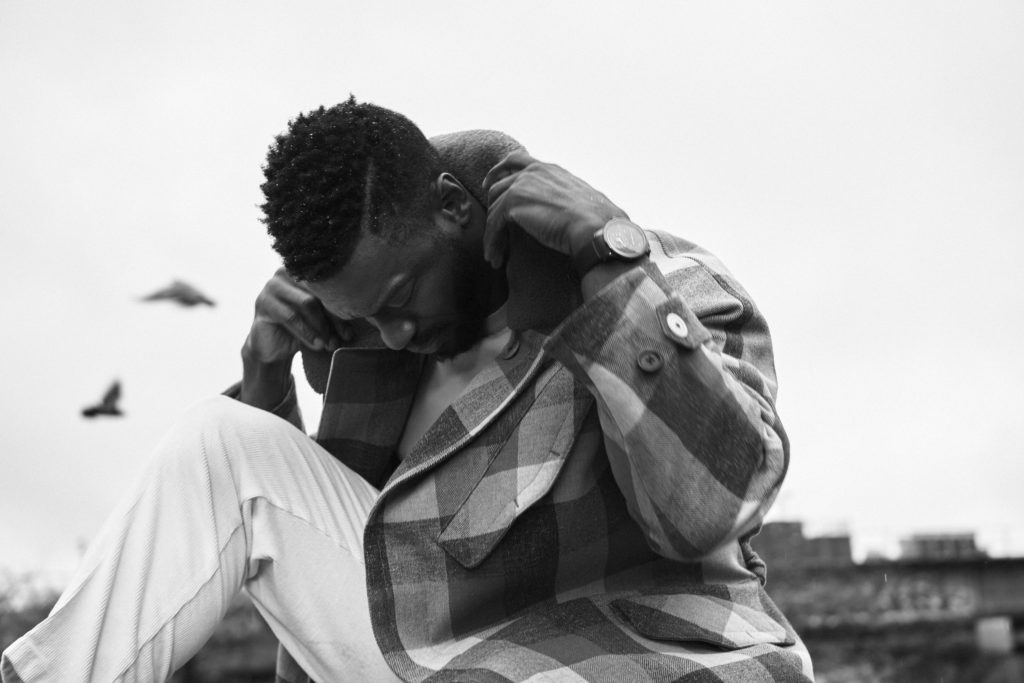
Coat: Aldis personal; Sweater: Vintage Dior from Amarcord Vintage; Pants: Bally; Shoes: Valentino
Photography: Ungano + Agriodimas
Creative Director: Deborah Ferguson
Layout: Allie King
Stylist: Dolly Pratt @ The Wall Group
Groomer: Tara Lauren using Retrouvé @ Epiphany Agency
Thank you Retrouvé!

